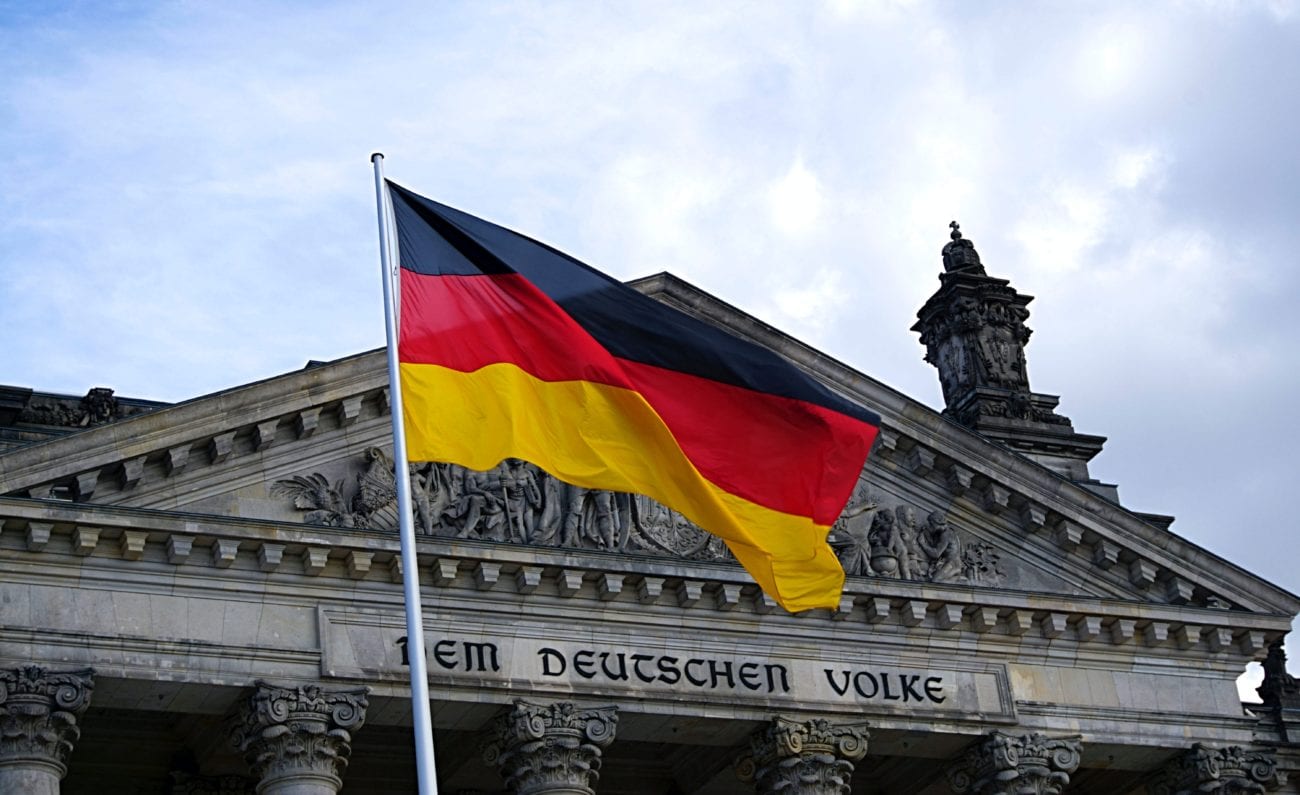Lower Saxony bans payment service provider over gambling activity

The German state of Lower Saxony (Niedersachsen) has issued a prohibition order to a payment service provider after ruling it processed transactions in connection with illegal online gambling activities in the country.
Lower Saxony’s Ministry of the Interior and Sports did not disclose the identity of the provider, but did confirm that the banning order applies nationwide in Germany.
Online gambling is not currently legal in Germany, as set out in the third State Treaty on Gambling, with the exception of state lottery products, sports betting and – due to a special state law – in Schleswig-Holstein.
As such, payment service providers are legally obliged to refrain from making payments in connection with unauthorised gambling. Should they fail to comply with these regulations, they risk being banned from operating in Germany.
The Lower Saxony Ministry of the Interior and Sport, as the responsible gaming supervisory authority in Germany, is centrally responsible for enforcing such bans for the whole of the country, as set out in the Treaty.
“Payment service providers must meet their legal obligations and stop payments related to illegal gambling,” Lower Saxony's Minister of the Interior and Sports, Boris Pistorius, said. “How you go about it is up to you. The successful measures taken by individual payment service providers show that an effective approach is possible and has an impact in the industry.
“We expect companies in the financial sector to live up to their responsibilities and to critically review and, if necessary, immediately stop working with companies that practice illegal gambling. They are legally obliged to refrain from making payments in connection with illegal gambling – if they do not, we will take action.”
The ruling comes after Pistorius in February sent a letter to the German banking industry warning banks against processing payments for unlicenced gambling websites and saying further payment blocking orders may come soon. The Ministry has now repeated this, saying more prohibition orders are in the works.
In June 2019, the Ministry issued its first payment blocking order to an unnamed payment provider, widely reported to be PayPal.
